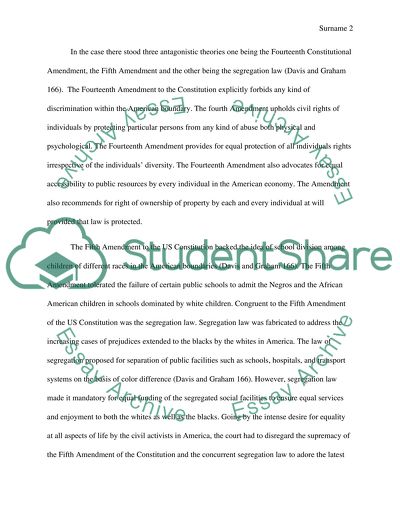The Supreme court,race,and civil rights by abraham L. Davis, Barbara Book Report/Review. Retrieved from https://studentshare.org/history/1434775-write-a
The Supreme court,race,and Civil Rights by Abraham L. Davis, Barbara Book Report/Review. https://studentshare.org/history/1434775-write-a.


